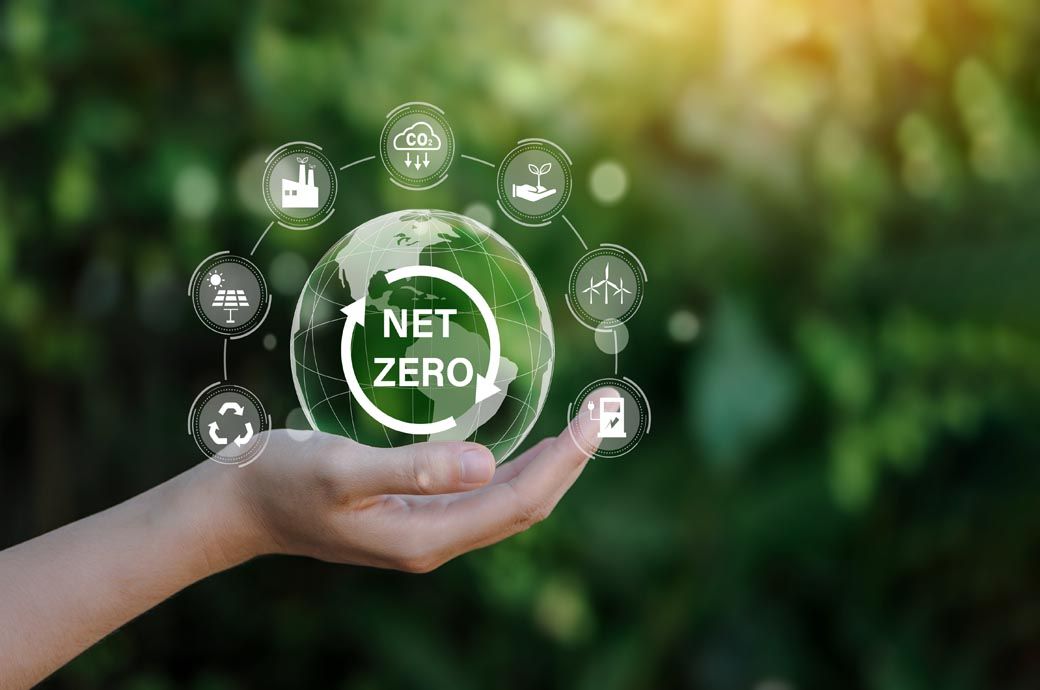
The nation has set ambitious climate targets, including a non-binding net-zero goal by 2050, with a 2030 emissions target of 781 metric tonnes of carbon dioxide equivalent, up from 458 in 2020.
The country’s progress includes reducing emissions per capita to 4.7 tonnes, achieving a 43-per cent renewable energy share in power generation, attaining 3 per cent battery EV sales, curbing tree loss by 14 per cent and expanding forest land.
Introduced in May 2023, the Power Development Plan VIII (PDP8), outlines a comprehensive strategy to phase out coal by 2050, while significantly increasing the contribution of solar, wind and hydroelectric power to the national grid.
The Just Energy Transition Partnership (JETP) plans to draw in $15.5 billion in investment and emphasises the importance of public-private collaboration in accelerating the green transition.
The country is also developing carbon pricing instruments and an Emissions Trading System, scheduled to be operational by 2028. This initiative, led by the department of climate change under the ministry of natural resources and environment, is a critical step towards reducing greenhouse gas emissions and creating a market-driven approach to carbon reduction.
Vietnam saw a 79-per cent decline in private green investments in 2023, largely attributed to delays in executing major national road maps and the high cost of capital, between 10 per cent and 12 per cent.
Despite the need for a capital investment of $34 billion for its green transition, the government could secure only $200 million in private investments last year.
The country also lacks a carbon market registry and Voluntary Carbon Market standards. Though initiatives like a developing carbon tax and incentives for electric vehicles, solar power and green buildings are under way, challenges persist in attracting sufficient private investments, the report by the private companies noted.
Delays in the implementation of key policies like PDP8 and JETP have hindered large-scale investments. The country offers fewer financial incentives and subsidies for decarbonisation compared to regional rivals. This lack of support affects corporate willingness to invest in green technologies, the report pbserved.
In response to these challenges, Vietnam is making strategic adjustments. It is updating its feed-in tariffs for wind and solar projects and offering incentives for electric vehicles and green building construction.
ALCHEMPro News Desk (DS)
Receive daily prices and market insights straight to your inbox. Subscribe to AlchemPro Weekly!